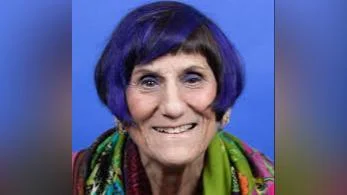Peter Salovey President | Yale University
Peter Salovey President | Yale University
Yale University is engaging its students in a unique challenge to predict the outcomes of the upcoming presidential, U.S. Senate, and U.S. House of Representatives elections. The Institution for Social and Policy Studies (ISPS) has organized a competition that involves more than 70 undergraduate and graduate students who are tasked with forecasting vote shares and turnout.
Alan Gerber, ISPS Director and Sterling Professor of Political Science, stated, “The stakes for this election are tremendously consequential.” He added that it offers students an opportunity to enhance their data science skills while understanding American voter behavior's geographic patterns.
The contest is sponsored by Democratic Innovations, an ISPS program aimed at improving democratic representation and governance. Josh Kalla, an ISPS faculty fellow, oversees the contest as well as the Democratic Innovations’ undergraduate research group. Kalla noted the interdisciplinary collaboration among students: “It’s great to see students from different academic backgrounds work together.”
Bilal Kharrat, a sophomore majoring in political science and history, is participating despite limited experience in data science. “I’ll be honest, I’m not going into this with hopes of creating a perfectly accurate model,” Kharrat said. His focus is on developing technical skills through analyzing voter trends using Python.
Kyle Thomas Ramos, another political science major involved in the competition alongside statistics and data science students, expressed appreciation for applying course content practically. He highlighted learning experiences from various ISPS faculty fellows' classes on topics such as American politics and data analysis.
ISPS predoctoral fellows have provided workshops for participants lacking coding experience. Contestants use current polling data or update past election results with new demographic information to refine their predictions.
Josh Kalla emphasized the importance of considering historical context: “You need to have some model in your head about what is happening now and what happened before.” Niklas Haehn, an ISPS predoctoral fellow assisting with the contest organization, encouraged creative thinking beyond traditional data sources.
Winners will receive a modest prize. Haehn expressed hope for continued engagement with future challenges: “It’s really great how many people have been interested in this challenge.”



 Alerts Sign-up
Alerts Sign-up